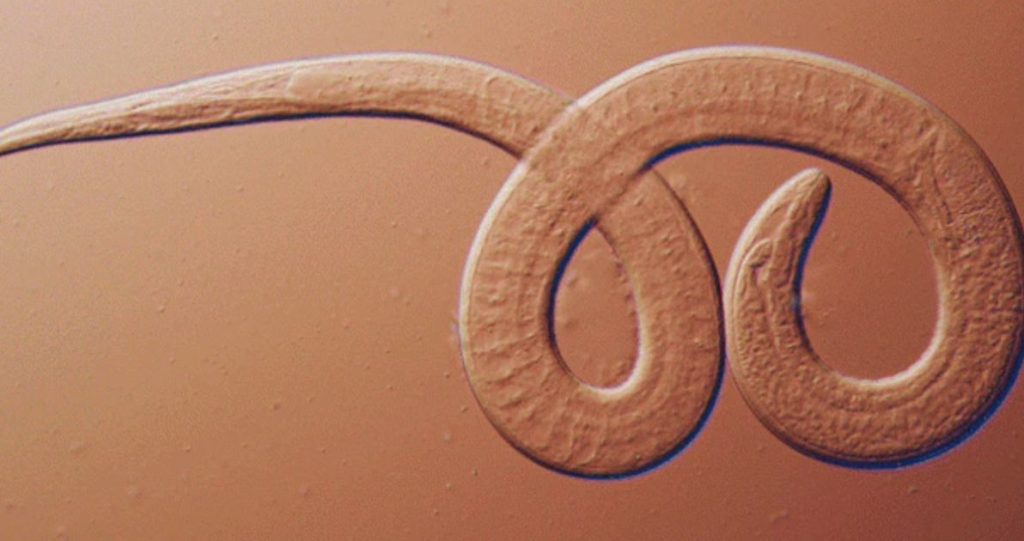A South Dakota family reunion in July 2022 ended in a parasitic outbreak after several people were diagnosed with human trichinellosis, a rare infection caused by freeze-resistant roundworms. The outbreak occurred after the guests consumed grilled bear meat that had been provided by a hunter who had been hunting in Canada. The meat, frozen for 45 days to kill parasites, was unintentionally served undercooked due to its dark color. After noticing the undercooked meat, it was recooked before being served again. However, six people tested positive for the parasite, with three being hospitalized due to symptoms such as abdominal pain, muscle aches, fever, and diarrhea.
The U.S. Centers for Disease Control and Prevention released a report urging safe handling and preparation of raw meat to prevent such outbreaks. The agency emphasized that adequate cooking is the only reliable way to kill Trichinella parasites in wild game meat. The outbreak highlighted the importance of cooking game meat to an internal temperature of at least 165 degrees Fahrenheit to ensure safety. The CDC recommended that hunting professionals educate hunters about these risks to prevent future outbreaks of human trichinellosis.
The CDC noted that human trichinellosis is far less common now due to changes in pork production practices that have reduced transmission of the parasite. From 2016 to 2022, there were only seven outbreaks in the U.S., with bear meat being the suspected or confirmed source of infection in most cases. Trichinella nativa larvae, the parasite responsible for the infection, invade the small intestine, then spread to the bloodstream, skeletal muscles, heart muscle, and brain. Once in these tissues, the larvae cause systemic symptoms such as fevers and inflammation.
The severity of human trichinellosis is related to the number of larvae ingested. In a recent case, the 2024 presidential contender Robert F. Kennedy Jr. shared his experience of a brain worm affecting his memory and cognitive functions in 2010. After a brain scan revealed a worm lodged in his brain, Kennedy speculated that it may have been contracted during a trip to South Asia. Infectious disease experts suggested it could have been a pork tapeworm larva, highlighting the risks associated with consuming contaminated meat. This incident shed light on the importance of proper handling and cooking of meat to prevent parasitic infections.
The outbreak serves as a reminder of the dangers of consuming undercooked wild game meat and the importance of proper cooking techniques to destroy parasites. The CDC’s guidance on cooking game meat to an appropriate temperature is crucial for preventing the transmission of parasites and protecting public health. Educating hunters about the risks associated with consuming wild game and the necessary safety measures is essential in preventing future outbreaks of human trichinellosis. The incident underscores the need for vigilance in handling and preparing raw meat to ensure food safety and prevent parasitic infections in both wild game and domestic animals.


